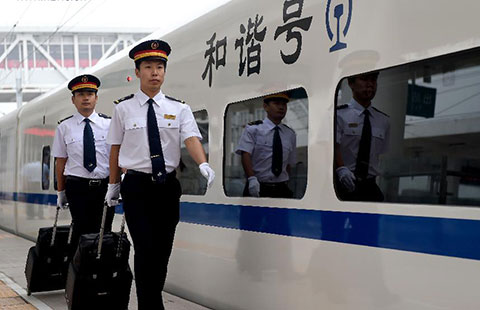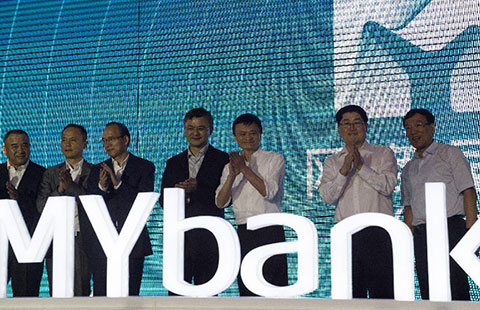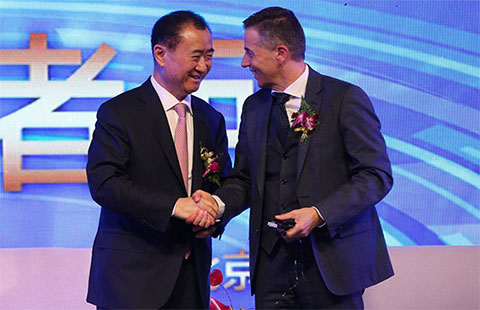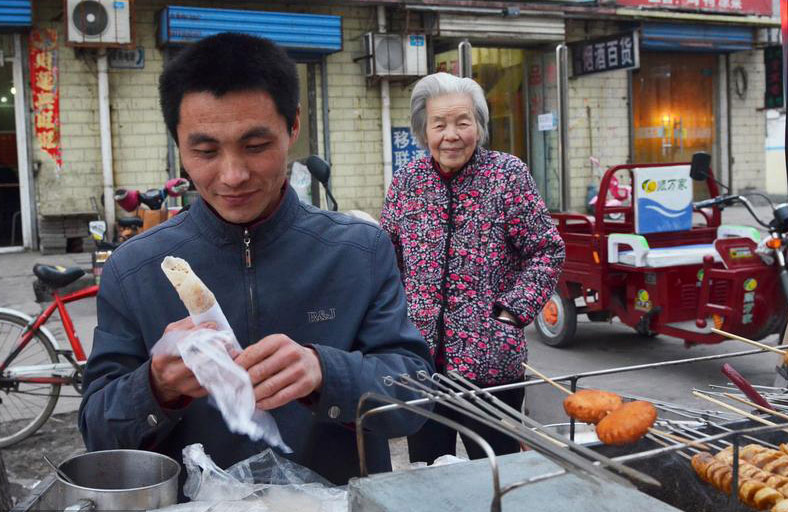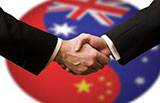It's cool to chat about your portfolio to friends
By Wang Zhuoqiong (China Daily) Updated: 2015-06-29 07:32The only way not to alienate your friends these days is to have a stock market account in A shares.
Better still, chatting about the ups and down of the Shanghai Composite Index has been the ideal small talk when breaking the ice at a party. In fact, you are simply not cool if you don't talk about equities.
Everyone, it appeared, had joined the rush to get rich.
Less than a month after my friend Kate Zhang gave birth to a baby girl, I called her to offer my congratulations. But the first words she said after "thank you" were: "Should I open a market account?"
The boom in A shares during most of the past 12 months has mesmerized Chinese investors. My friend Jiao Jiao, who works in the business media, even described the "serious consequence" of not investing in the market earlier this year.
"If you don't buy shares now, it would be like not buying a house in 2008," Jiao said at the time, referring to the explosive growth that followed in the property sector.
So, it might be worth taking a closer look at what the markets have to offer. Just before the latest round of correction, a report by Hithink Royal Flush Information Network Co Ltd, a company that develops analytical software for dealing in stocks, painted an interesting picture.
It showed the average return up to April this year for equity investors in Shanghai was 150,000 yuan ($24,154), without revealing a range of initial investments. Beijing investors made slightly less on average, raking in 80,000 yuan.
During the past few years, we have become more savvy in interesting our money. Before, we used to tuck it away in a savings account at a traditional bank. But low interest rates have forced us to look at other options.
Another friend, Linda Lin, who owns a high-end clothing businesses, used her spare cash to expand her store before putting together a varied investment portfolio.
She now has money in Hong Kong stocks, financial fund products and insurance packages. Lin only has a small amount in Shanghai A shares.
"It is too much to risk," Lin said. "I never put all my eggs in one basket."
For investors such as my friend, spreading the risk and hanging onto the savings is paramount. "I don't expect high growth, which often comes with high risk. I want it to be steady," Lin said.
She is not alone in her approach. Even billionaires have to manage "risk" when it comes to their wealth.
Charles Lu, a billionaire mining tycoon based in the Inner Mongolia autonomous region, has opened trust funds in the United Kingdom and bought property there. Lu's children go to school in the UK, as he did, and is comfortable investing there.
But then, diversifying your wealth appears to be the name of the game, whether you have a small amount of cash to play with or billions of yuan. In the end, the risks are just as high for us as they are for the country's super rich.
- Rich Chinese increase wealth and spread risk
- AIIB to be 'lean, clean and green'
- Reserve ratio cut to assist financing, aid growth
- Small investors banking on new range of options
- Top 10 smartest companies in 2015
- Taxi-hailing app Didi-Kuaidi raising $1.5 billion
- China, Kazakhstan agree to integrate growth strategies
- Agricultural cooperation association between China, CEE countries launched

